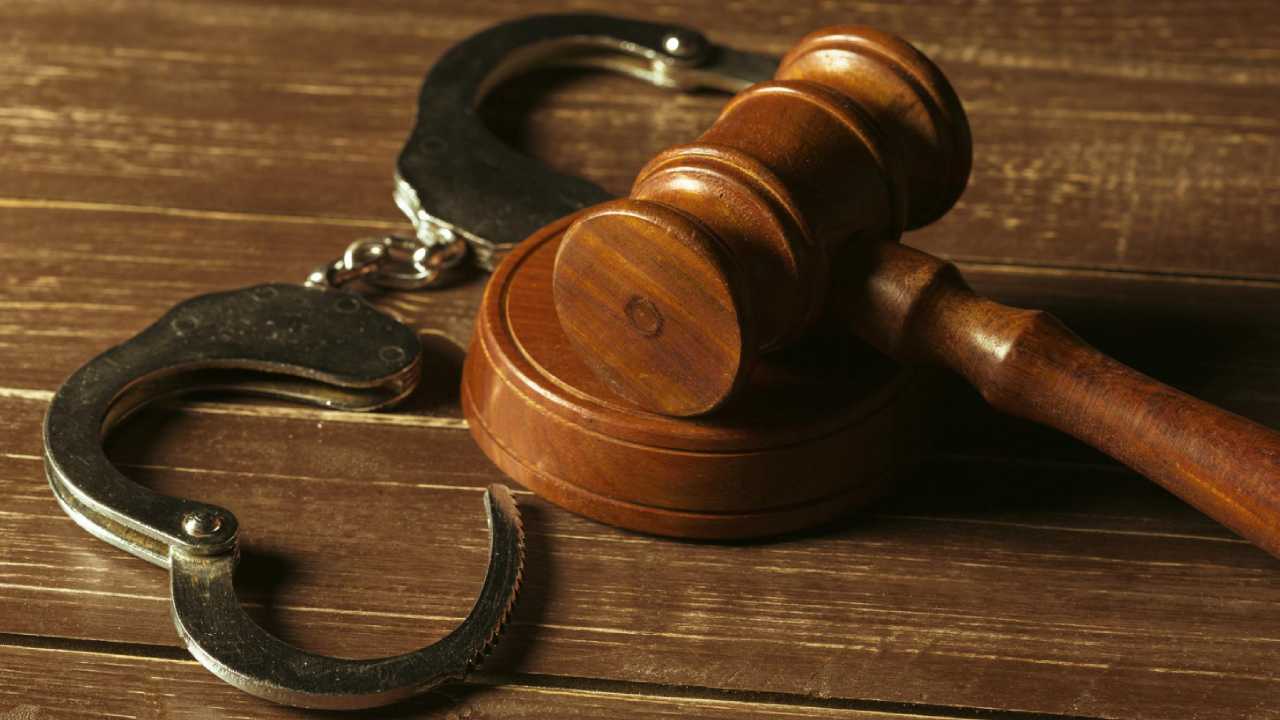

Sponsored Ads

Sponsored Ads

Indianapolis is home to a strict legal system where criminal trials can instantly change lives. A single verdict can mean freedom or years behind bars. Every case is different, but certain factors play a significant role in shaping the outcome of a criminal case in Indianapolis.
Substantial evidence, smart legal strategies, and a jury's perception of a defendant influence a trial. An Indianapolis criminal defense lawyer with deep knowledge of local courts can make a difference. Their ability to challenge weak evidence and argue persuasively can impact a case.
We’ll explore five key factors that often determine the outcome of a criminal trial.
Strength of the Evidence
Evidence is the backbone of any criminal trial. How well the prosecution and defense present their evidence matters greatly. Physical evidence, witness testimony, and forensic reports all play key roles. They help establish guilt or innocence, and substantial evidence can sway a jury.
Clear video footage might confirm an alibi. On the other hand, unreliable evidence, such as a poorly conducted forensic test, can weaken a case. Importantly, the reliability and admissibility of evidence can change the direction of a trial. Like those found on the Federal Rules of Evidence website, rules of evidence ensure fairness.
Effectiveness of Legal Representation
Skilled attorneys are essential in shaping a case. They do this through strong arguments, effective cross-examinations, and strategic legal motions. An experienced defense lawyer can challenge weak evidence. They may introduce reasonable doubt in the juror's minds. For example, they might point out inconsistencies in witness statements.
Conversely, the prosecution may present a compelling case. They use their legal expertise to influence the jury or judge. A well-prepared prosecutor can make a strong argument using solid evidence. The American Bar Association provides resources that discuss the role of lawyers in criminal trials.
Credibility of Witnesses and Defendants
Witness testimony is powerful. It can greatly influence a trial. However, its impact hinges on credibility. Inconsistencies, biases, or a witness's criminal background can weaken their testimony. For instance, if a witness has a history of lying, the jury might doubt their words.
Similarly, a defendant's demeanor and statements in court can shape perceptions. If a defendant appears nervous or evasive, jurors might assume guilt. Conversely, a calm and collected defendant may appear more credible.
Jury Selection and Perception
Jury selection is a critical stage. Attorneys try to pick jurors who are favorable to their arguments. Factors like personal biases, prior experiences, and pretrial publicity can shape a jury's decisions.
A juror who has been a victim of a similar crime might be biased. Also, clear and understandable jury instructions are essential. The deliberation process, where jurors discuss the evidence, impacts the final verdict. How jurors perceive the evidence and the legal arguments is crucial.
Judicial Discretion and Legal Technicalities
A judge's rulings are key. They decide on the admissibility of evidence, legal motions, and sentencing. These decisions can greatly affect the outcome of a trial. Also, procedural errors, appeals, or legal technicalities can lead to case dismissals or retrials.
For instance, if the police fail to follow proper procedures during an arrest, evidence might be excluded. Judicial discretion plays a vital role in ensuring fairness.
Sponsored Ads

Sponsored Ads

